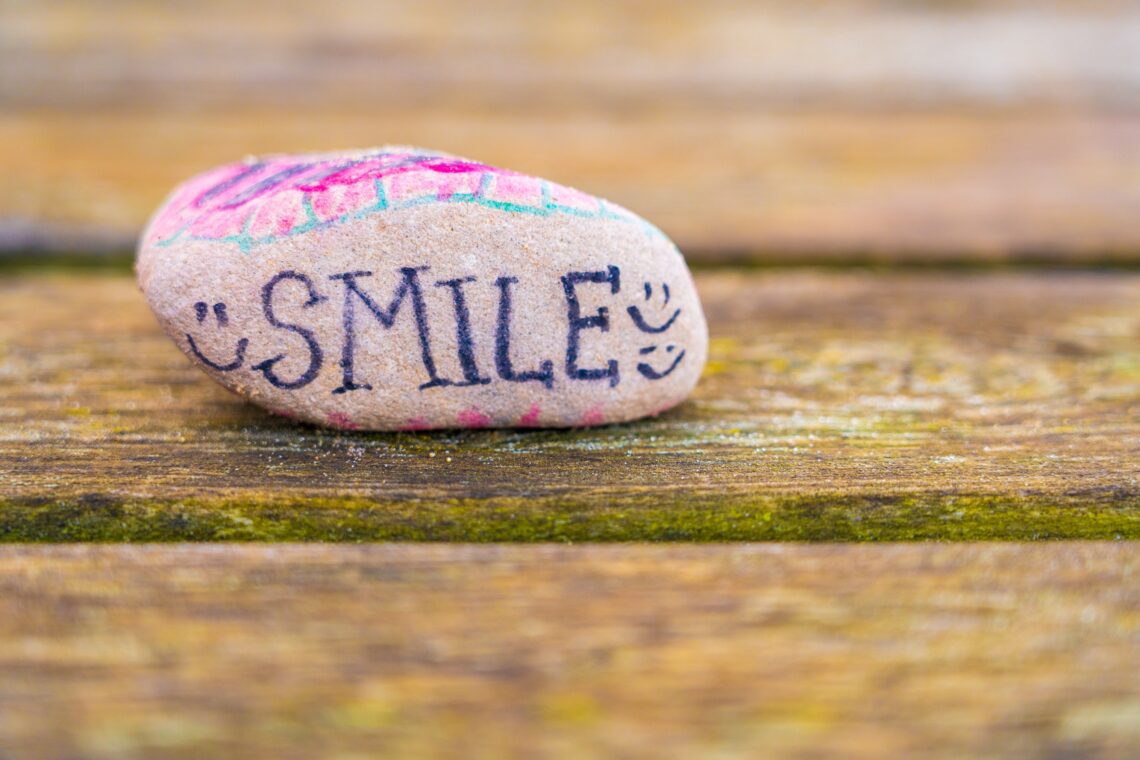
Good vibes only
Toxic positivity is the attitude that people should have an optimistic outlook on situations beyond their control. However, it can involve dismissing negative emotions and situations while projecting a positive outlook at inappropriate times.
Examples of toxic positivity
It may not always be clear when someone is displaying this behaviour. Often, toxic positivity involves overly-simplified catchphrases.
Krysta Fitzpatrick-Sceviour is a women’s studies instructor at Memorial University of Newfoundland. She notices toxic positivity can be common on social media platforms.
“Right now, I am seeing a lot of memes and inspirational quotes saying things like ‘fake it ’til you make it’ or ‘stay positive,’ ‘good vibes only,’” she says.
Greg Hewlett is an online ESL instructor for teenagers and young adults. He pinpoints other common phrases associated with toxic positivity.
“It’s a superficial glossing over of harmful experiences and feelings. Like saying ‘everything happens for a reason,’ or ‘everything will work out,’” he says.
Hewlett explains where these attitudes may originate.
“These platitudes are rooted in a lack of empathy and patience for understanding,” he says.
The repercussions of toxic positivity
Evidence suggests that toxic positivity can worsen mental anguish.
Hewlett also says he believes unrealistic optimism can affect young people’s ability to process difficult situations.
“It doesn’t give youth the strategies or perspectives to deal with problems in their lives. It also pretends issues can be buried and that doing so won’t cause further problems,” he says.
In other words, it can delay crucial development in young people.
“Having hard days, weeks, months, even years is a natural and nuanced part of being human,” Fitzpatrick-Sceviour says.
Likewise, refusing to feel negative emotions can reduce one’s ability to overcome difficult times. Ironically, this defeats the “purpose” of toxic positivity entirely.
“Toxic positivity culture suggests that suffering can be easily tossed aside with a good attitude. Ignoring negative emotions can lead to harmful coping mechanisms and an inability to build healthy coping skills,” Fitzpatrick-Sceviour says.
Gratitude vs. toxic positivity
Practicing gratitude during difficult times may be more rewarding than buying into toxic positivity.
Sharon Tan is a Toronto-based registered massage therapist and wedding planner. To her, gratitude and toxic positivity are inherently different.
“I interpret appreciation as accepting the situation as it is, whereas toxic positivity I would interpret as someone saying ‘everything is not that bad,'” she says.
Gratitude may also be a healthier practice than toxic positivity. Appreciating that life is unpredictable can be a better way to cope than dismissing a tough situation.
“It’s finding small things you are thankful for, even when things are negative and tough. It’s seeking comfort and coping skills, which you can be grateful for. Toxic positivity is merely burying the negative, which is dangerous,” Fitzpatrick-Sceviour says.
Hewlett says the difference between them may simply be practicing patience.
“To be thankful is to feel the effort and energy offered by another, and this can only happen if one is mindful enough to notice and reflect,” he says.
Hewlett explains genuine appreciation isn’t associated with toxic positivity.
“Toxic positivity, on the other hand, is ultimately just impatience for the negative experience to already be over,” he says.
While toxic positivity may be a negative practice, it doesn’t mean people have bad intentions.
“If you are trying to get yourself through an issue, and it’s the only thing you have to hang onto to get by, then great,” Tan says.
Despite this, it’s best to avoid toxic positivity when trying to help peers. And sometimes, the most straightforward action is the most helpful.
Like Tan says, “I think simple listening is what people appreciate.”
About the author
Brittany is a reporter for Youth Mind. When she isn’t working hard to become a full-time writer, she can be found making a dinner reservation, rewatching her favourite movies, or reading about True Crime.







